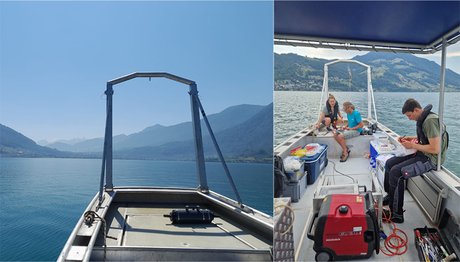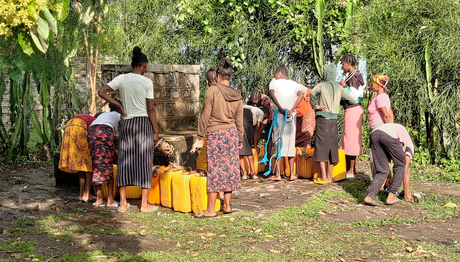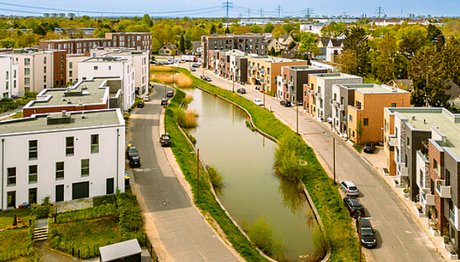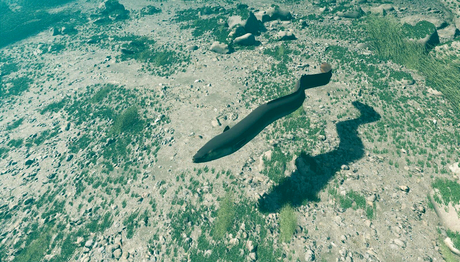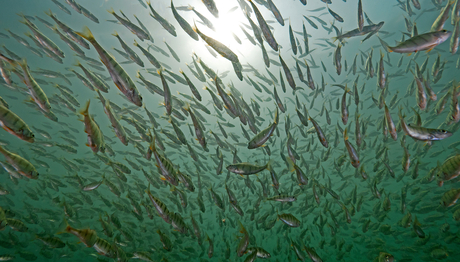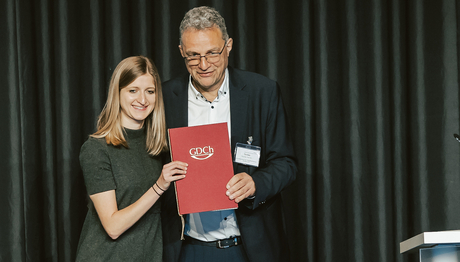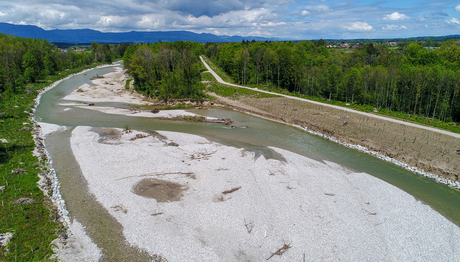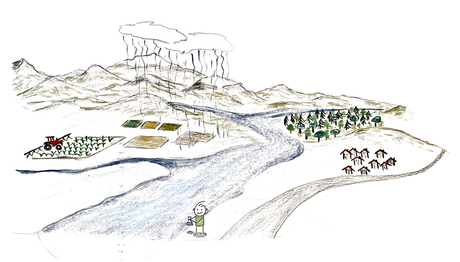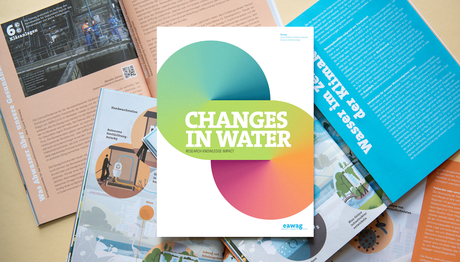The latest news from Eawag
Refine search
Refine search
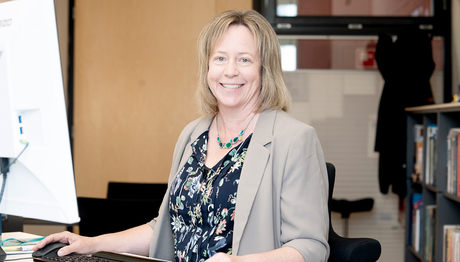
Linda Strande takes over as Head of the Sandec ...
October 29, 2024
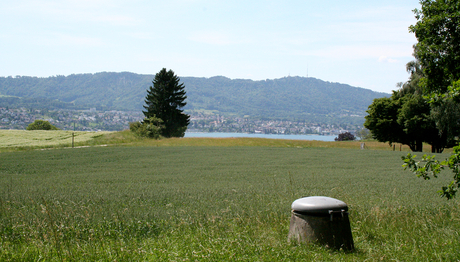
Land use influences organisms living underground
October 22, 2024
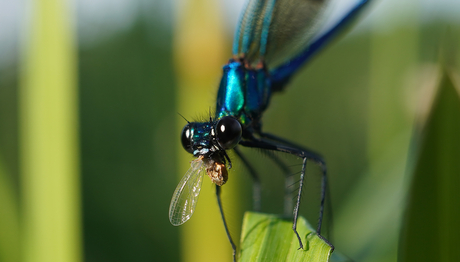
Biodiversity increases organic nutrient availability ...
October 17, 2024
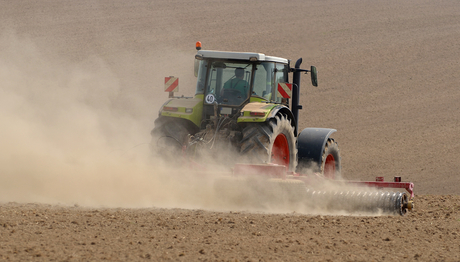
Dry summers: reusing treated wastewater could help
October 17, 2024
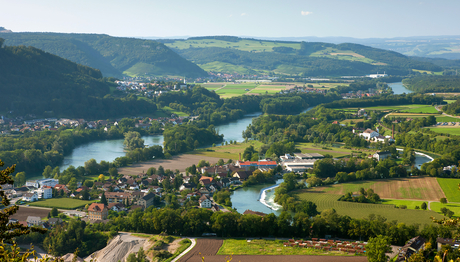
European streamflow data and where to find it
October 16, 2024

Improving fish migration in times of climate change
October 11, 2024
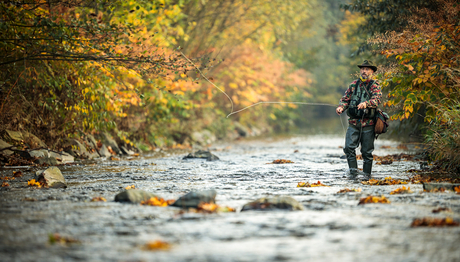
Fisheries advisory service: new location in ...
October 11, 2024
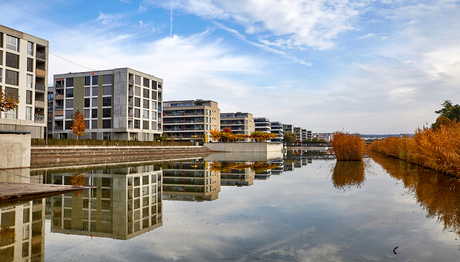
Mitigating the consequences of heavy rainfall with ...
October 10, 2024

Sandec organises Exchange Day with TU Delft Water for ...
October 10, 2024
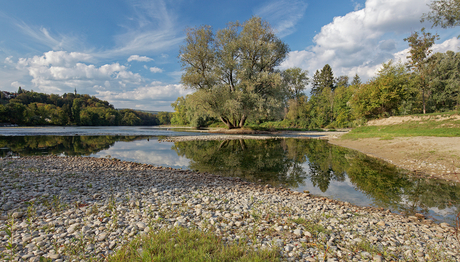
Biological evaluation of water bodies in a time of ...
October 3, 2024
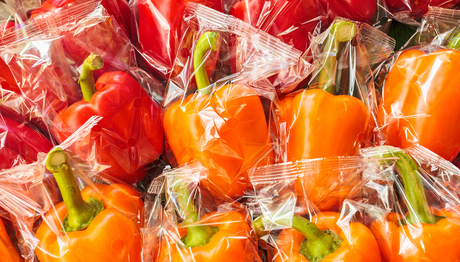
Human exposure to food packaging-related chemicals
September 27, 2024
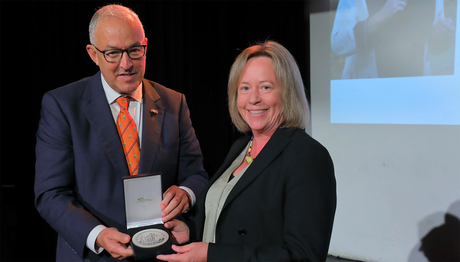
11th International Steven Hoogendijk Award (ISHA) goes ...
September 26, 2024
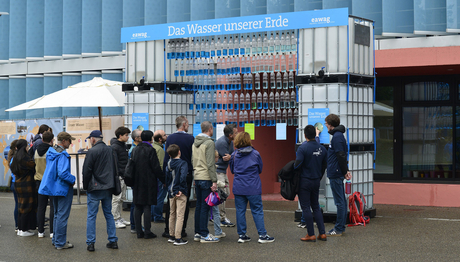
Insights into the world of water research
September 20, 2024
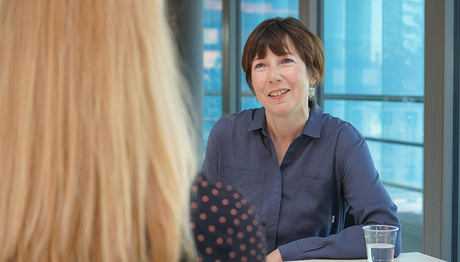
Lenny Winkel appointed ETH professor
September 19, 2024
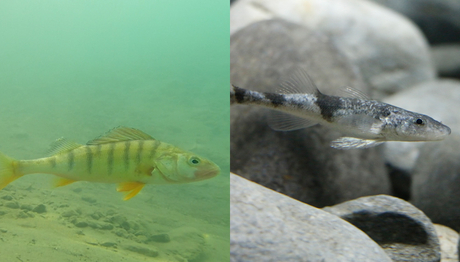
Researchers to decode Europe’s diversity of life
September 9, 2024
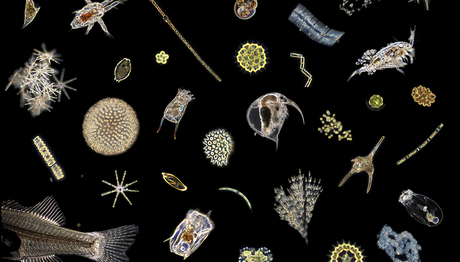
Artificial intelligence facilitates water quality ...
September 4, 2024

Blue-green biodiversity: recognise, conserve, promote
September 3, 2024
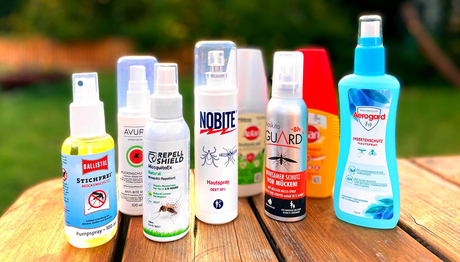
Biological degradation of mosquito repellents only ...
August 22, 2024

